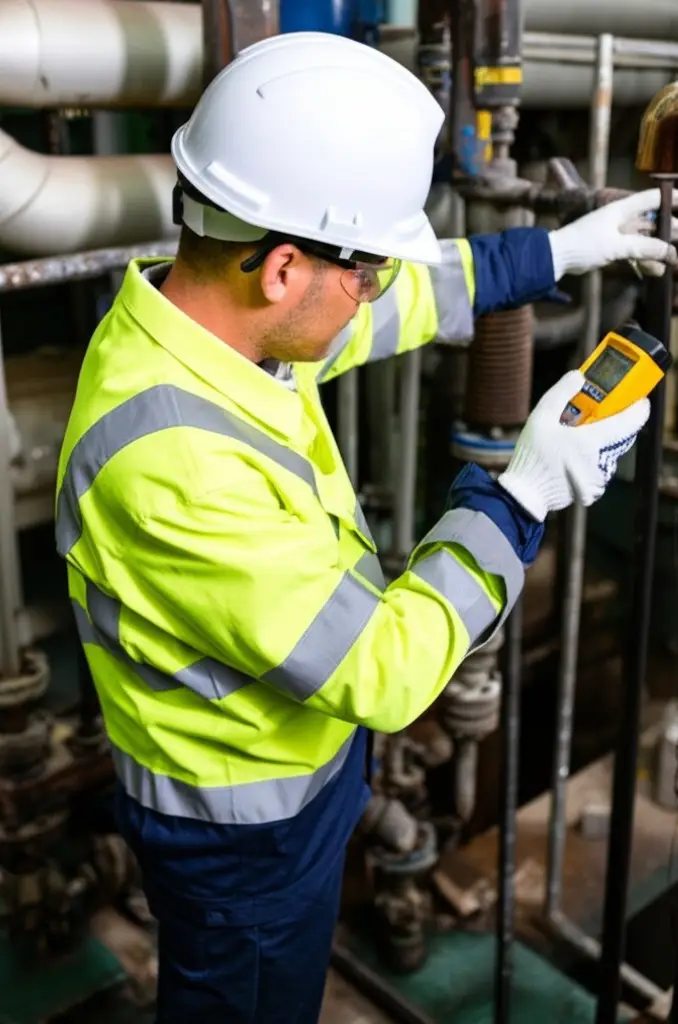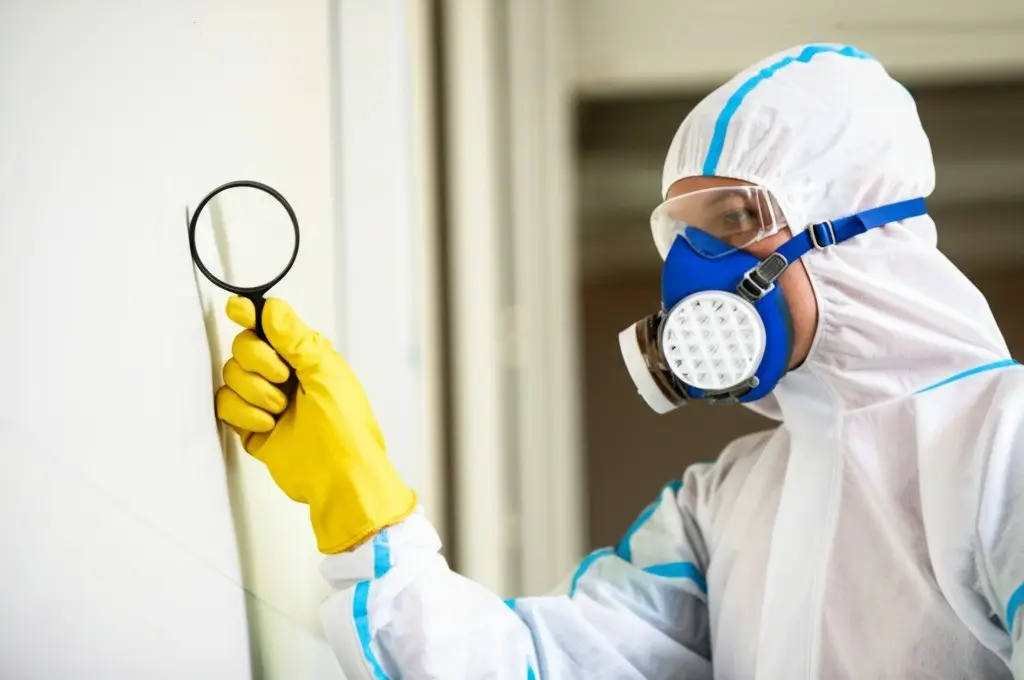Home / Noise Assesment
Noise Assessment
Expert workplace and environmental noise monitoring for compliance and safety
Why is Noise Assessment Essential?
Noise assessment is a critical component of workplace health and safety and environmental management. Excessive noise can cause significant harm to human health, reduce productivity, and lead to regulatory non-compliance. Professional noise assessment identifies hazards, measures exposure levels, and provides evidence-based solutions.
Health Protection
Exposure to excessive noise can lead to permanent hearing damage, stress, fatigue, and other health issues. Noise-induced hearing loss (NIHL) continues to be one of the world's most prevalent occupational diseases, accounting for more than 75% of all occupational disease claims. Long-term exposure can also cause stress, anxiety, hypertension, and disturbed sleep patterns.
Regulatory Compliance
In Australia, and specifically in Western Australia, noise regulations are strictly enforced across workplaces and environmental contexts. Employers have a legal duty to assess noise risks, implement appropriate controls, and ensure exposure limits aren't exceeded. Compliance with national and international legislation is essential for operations both onshore and offshore.
Productivity and Performance
Beyond health and compliance concerns, excessive noise significantly impacts productivity, concentration, communication, and overall workplace performance. Proper noise assessment and management create more comfortable environments, reduce absenteeism, improve communication clarity, and enhance focus and efficiency in work processes.
Common Scenarios Requiring Noise Assessment:
- Workshops, demolition sites, and production units
- Construction sites, refineries, and industrial facilities
- Ships and offshore installations
- Entertainment venues and public events
- Environmental noise impact for development applications
Don't risk hearing health and regulatory penalties. Professional noise assessment provides scientific measurement and effective control strategies.
Request Noise Assessment
Reliable Noise Assessment in Perth
Workplace Noise Assessments:
Our comprehensive workplace noise assessments identify hazardous noise sources, measure employee exposure levels, and determine compliance with Work Health and Safety Regulations. We provide detailed reports with noise mapping, exposure calculations, and practical control recommendations tailored to your specific work environment.

Why Choose IQ Assured?
At IQ Assured, we provide more than just asbestos surveys; we deliver peace of mind. Our team of highly qualified and experienced professionals is dedicated to providing the most accurate, reliable, and legally compliant services in Perth.
NATA Accredited Laboratory
All testing conducted in NATA certified facilities ensuring accurate and reliable results
Fast Turnaround Time
Clear, detailed reports within 48 hours
Comprehensive Service Area
Servicing all Perth metropolitan areas with mobile sampling capabilities
Get a fast, Free quote
Frequently Asked Questions About Noise Assessment
What is noise assessment and why is it important?
Noise assessment is the systematic measurement and evaluation of sound levels to determine potential risks to hearing health, regulatory compliance, and environmental impact. It's important because excessive noise exposure can cause permanent hearing damage, stress-related health issues, and reduce productivity and quality of life. Proper assessment is the first step in effective noise management and legal compliance. For more general information on noise, see Safe Work Australia's noise page.
What noise regulations apply in Western Australia?
In Western Australia, workplace noise is regulated under the Work Health and Safety Regulations 2022, which set an exposure standard of:
- 85 dB(A) averaged over an 8-hour period
- Peak noise level of 140 dB(C)
Environmental noise is regulated by the Environmental Protection (Noise) Regulations 1997.
WorkSafe WA provides specific guidance for noise management in various industries.
Offshore facilities must comply with both Australian regulations and relevant international standards (you could link to an example like IMO - International Maritime Organization standards if applicable to your clients, or specific ISO standards if relevant).
What are the signs of hazardous noise levels?
According to Safe Work Australia guidelines, indicators that noise levels may be hazardous include: needing to raise your voice to be heard by someone 1 metre away, experiencing ringing or temporary hearing dullness after exposure, hearing muffled sounds after leaving a noisy area, or noticing that ordinary sounds seem quieter than usual. If people need to shout to communicate in a work environment, noise assessment is likely necessary.
What does a professional noise assessment involve?
Site Inspection & Noise Source Identification
A thorough examination of the workplace or environment to identify all significant noise sources, operational patterns, and factors affecting noise propagation. This establishes the scope and methodology for detailed measurements.
Noise Measurement & Monitoring
Using specialised equipment to collect data on:
- Sound pressure levels at key locations
- Frequency analysis to identify dominant noise characteristics
- Personal noise exposure using dosimeters
- Temporal patterns and variations in noise levels
Analysis & Compliance Evaluation
Detailed analysis of collected data including:
- Calculation of daily noise exposure levels
- Comparison with relevant regulatory standards
- Assessment of existing control measures
- Noise mapping and identification of high-risk areas
Comprehensive Reporting & Recommendations
A detailed report including measurement results, compliance status, noise maps, and specific control recommendations tailored to your situation. Our recommendations follow the hierarchy of controls, prioritising engineering solutions, administrative controls, and personal protective equipment as needed, all in accordance with Australian Standard AS/NZS 1269.
How can noise exposure be reduced in workplaces?
Effective noise control strategies follow a hierarchy of controls in line with Australian Standard AS/NZS 1269:
- Elimination: Remove the noise source completely.
- Substitution: Replace noisy equipment with quieter alternatives.
- Engineering controls: Modify equipment, install barriers, enclosures, or silencers.
- Administrative controls: Limit exposure time, schedule noisy work during less sensitive periods.
- Maintenance: Regular equipment maintenance to prevent increased noise from wear.
- Personal hearing protection: Provide appropriate hearing protection devices and training.
- Monitoring: Ongoing assessment to ensure controls remain effective.
Can you assess noise in specialised environments?
Yes, we specialise in noise assessments across diverse environments, including challenging and unique settings. Our expertise extends to offshore platforms, marine vessels, refineries, manufacturing facilities, construction sites, entertainment venues, and residential areas. We adapt our methodology and equipment to suit specific environmental conditions while maintaining measurement accuracy and relevance to applicable Australian and international standards.
Have more questions about noise assessment for your workplace or project?
Contact Our Experts
